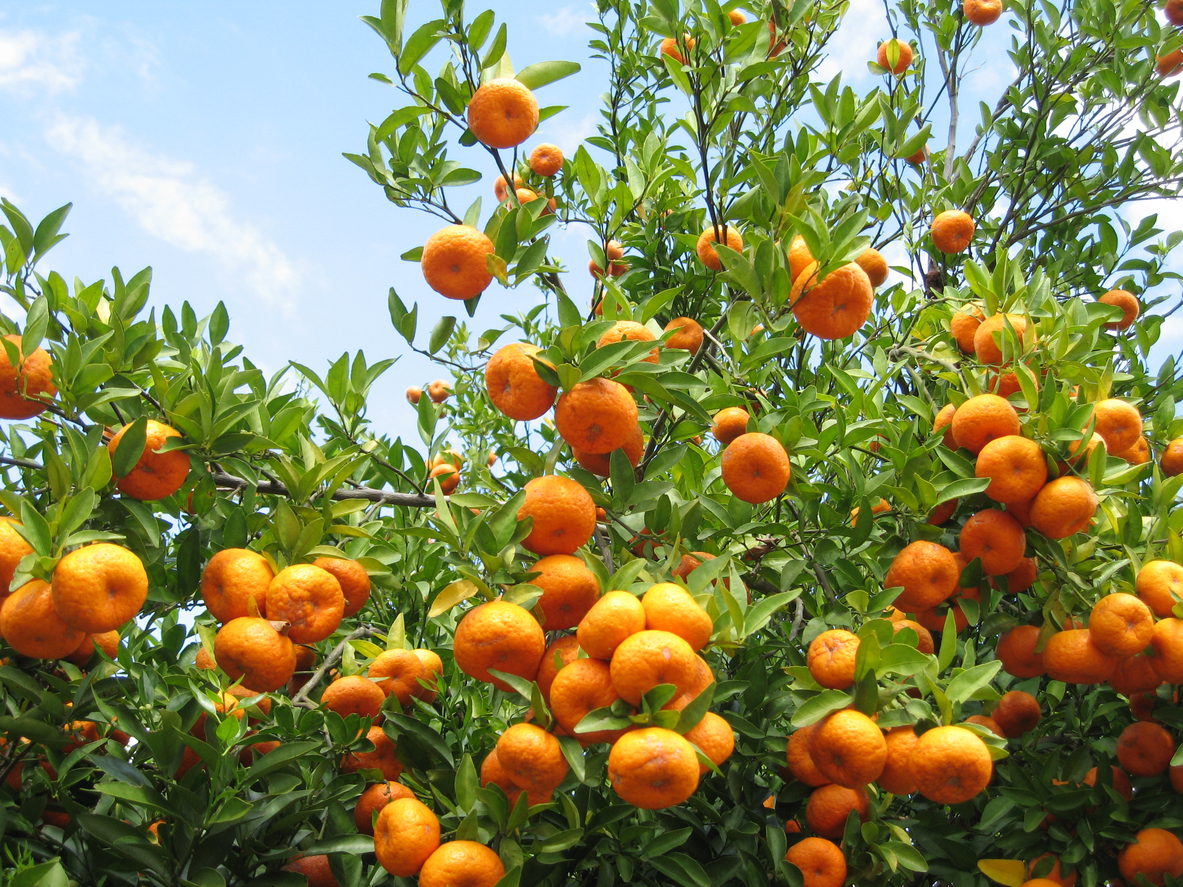
Experts Improve Efficiency of Transgene-free Gene Editing in Citrus
November 12, 2025| |
University of Connecticut (UConn) researchers reported a transgene-free gene editing with higher efficiency than older methods and used citrus plants as a model system. Their findings are published in Horticulture Research.
Citrus plants are facing a devastating disease called Huanglongbing, which has destroyed over 70% of citrus trees in Florida. One potential solution to this agricultural problem is to genetically edit citrus to develop natural resistance to the pathogen. This led the UConn researchers to devise a new gene editing method optimized to achieve this objective.
One of the key steps in the new method was the use of kanamycin, a chemical that helps pinpoint cells that are temporarily or stably expressing CRISPR-related genes in Agrobacterium-infected plant cells for only three to four days during the genome-editing process. As kanamycin resistance is linked with CRISPR gene expression, the kanamycin treatment prevented the growth of cells that Agrobacterium did not infect. Results showed that this method was 17 times more efficient than the method they previously developed for citrus in 2018.
“Our new but simple method is far more effective and can now be applied to a much wider range of plant species than our original approach,” said Yi Li, one of the authors of the study.
Read more from UConn Today.
| |
You might also like:
- Bt to Help Combat Devastating Citrus Greening Disease
- Researchers Identify Gene Controlling Growth and Development in Bananas
- Highly Efficient Hairy Root Transformation System Induced by Agrobacterium rhizogenes
Biotech Updates is a weekly newsletter of ISAAA, a not-for-profit organization. It is distributed for free to over 22,000 subscribers worldwide to inform them about the key developments in biosciences, especially in biotechnology. Your support will help us in our mission to feed the world with knowledge. You can help by donating as little as $10.
-
See more articles:
-
Plant
- Researchers Develop Cold-Resistant Tomato Without Compromising Growth
- Experts Improve Efficiency of Transgene-free Gene Editing in Citrus
- Researchers Discover Key to Reducing Dependence on Synthetic Nitrogen Fertilizers
- Study Finds Narrower Rice Leaves Boost Photosynthesis Efficiency
- Scientists Speed Up Growth of Transgenic Plants from Months to Weeks
- EFSA GMO Panel Releases Scientific Assessment of GM Oilseed Rape LBFLFK
- Experts Highlight the Use of Precise Genetic Approaches to Develop Climate-Resilient Crops
-
Animal
- Gene Drive Technologies: Advances in Health, Conservation, and Governance
-
Read the latest: - Biotech Updates (January 21, 2026)
- Gene Editing Supplement (December 17, 2025)
- Gene Drive Supplement (February 22, 2023)
-
Subscribe to BU: - Share
- Tweet

